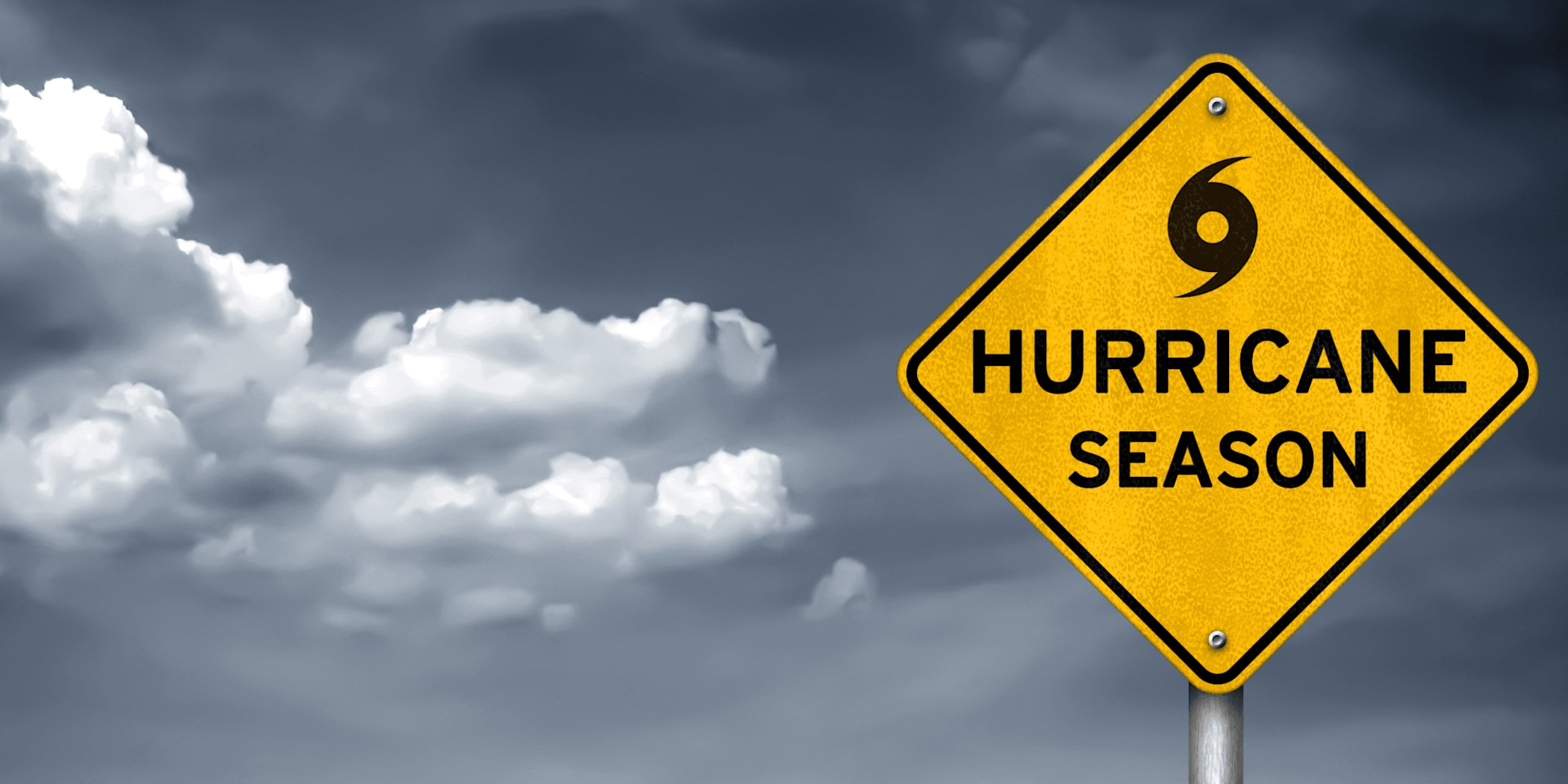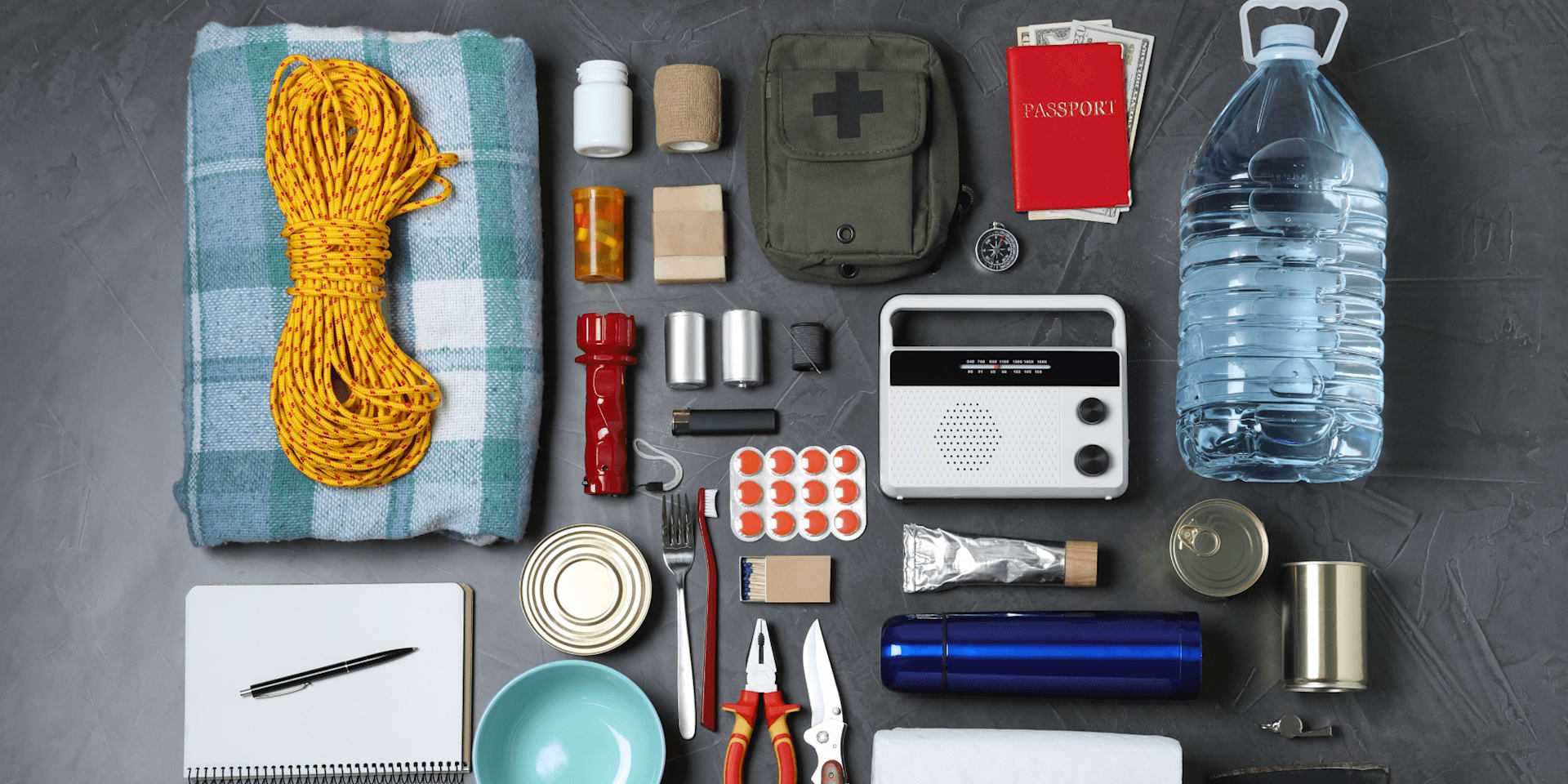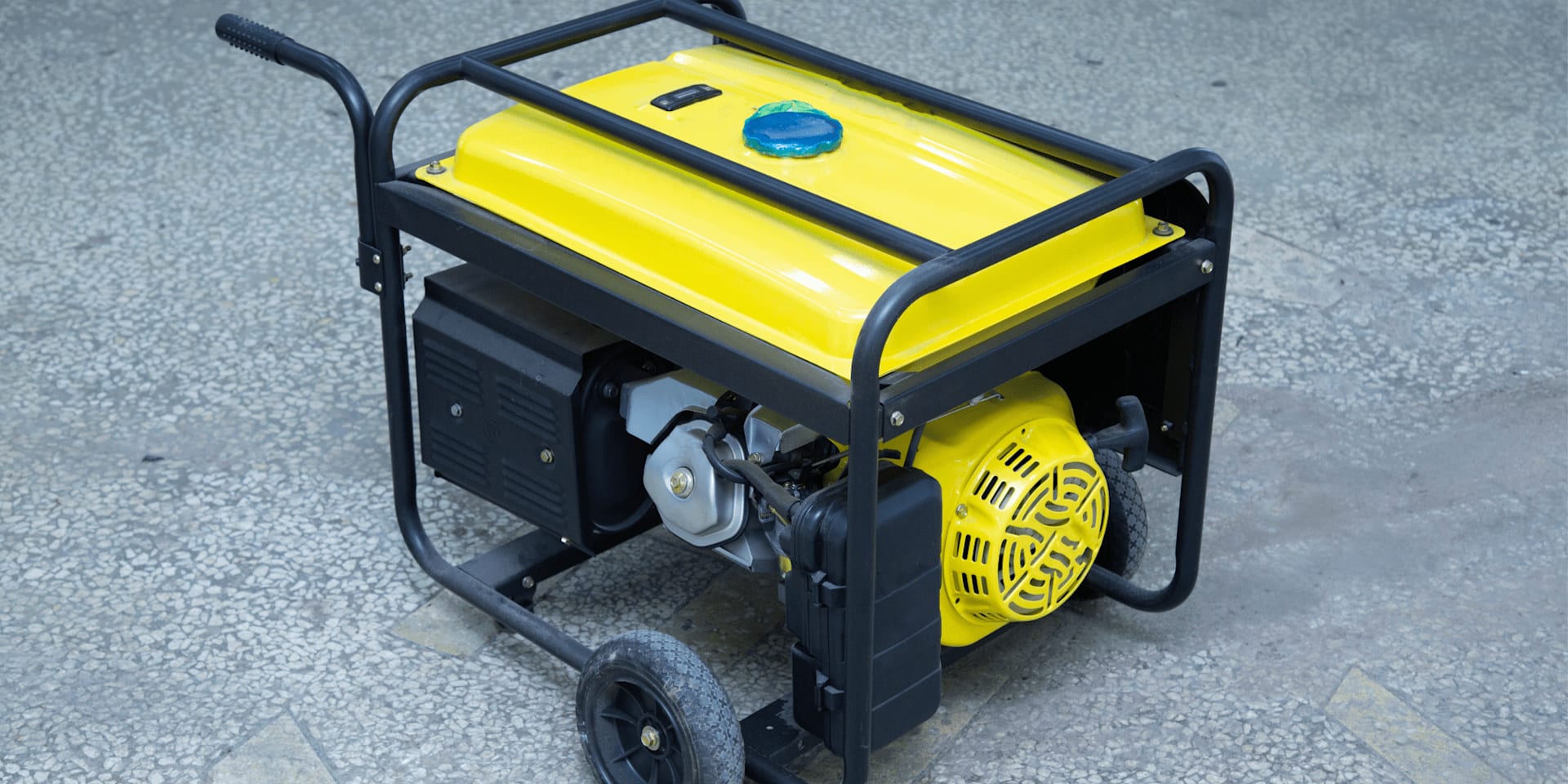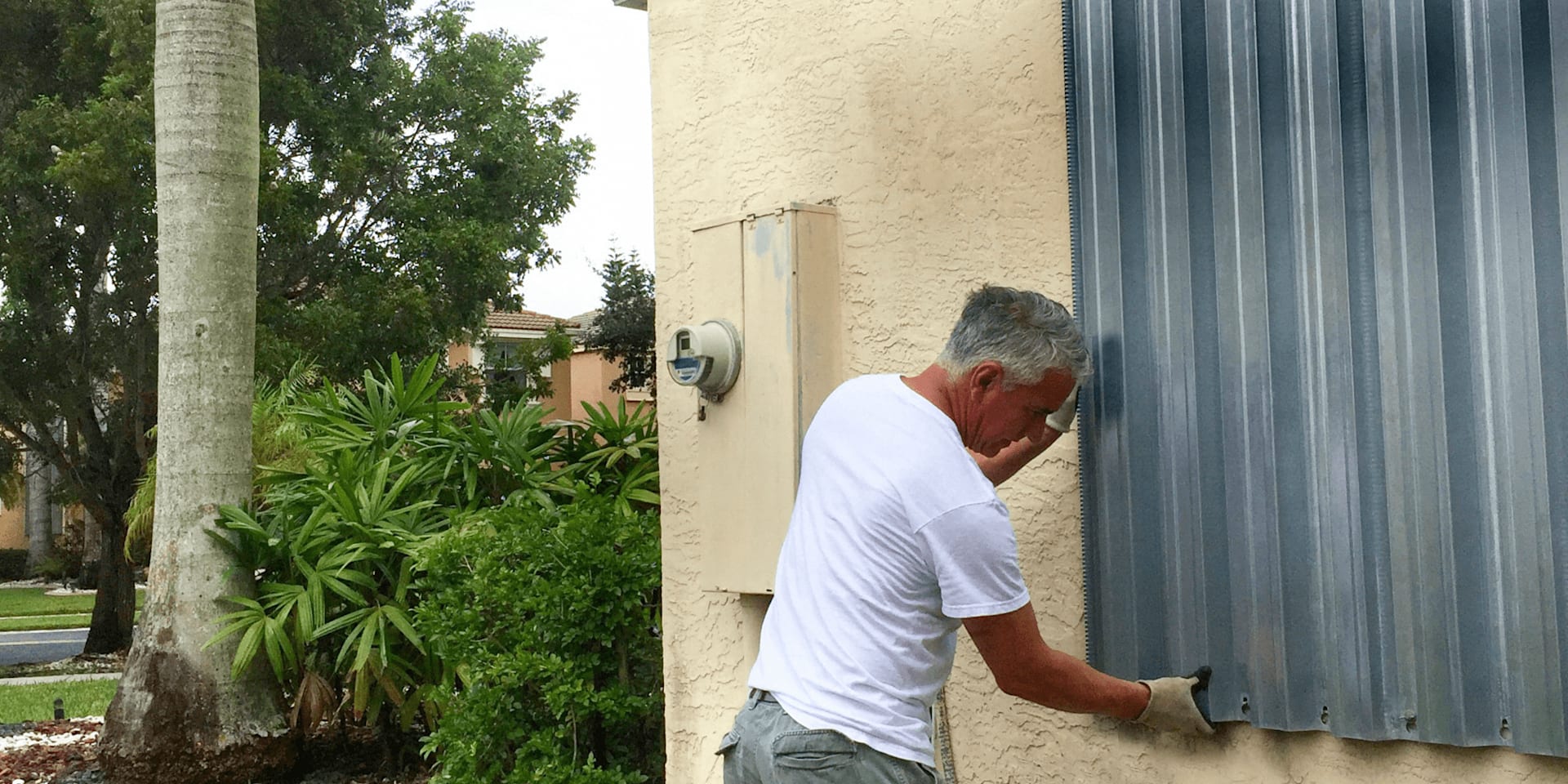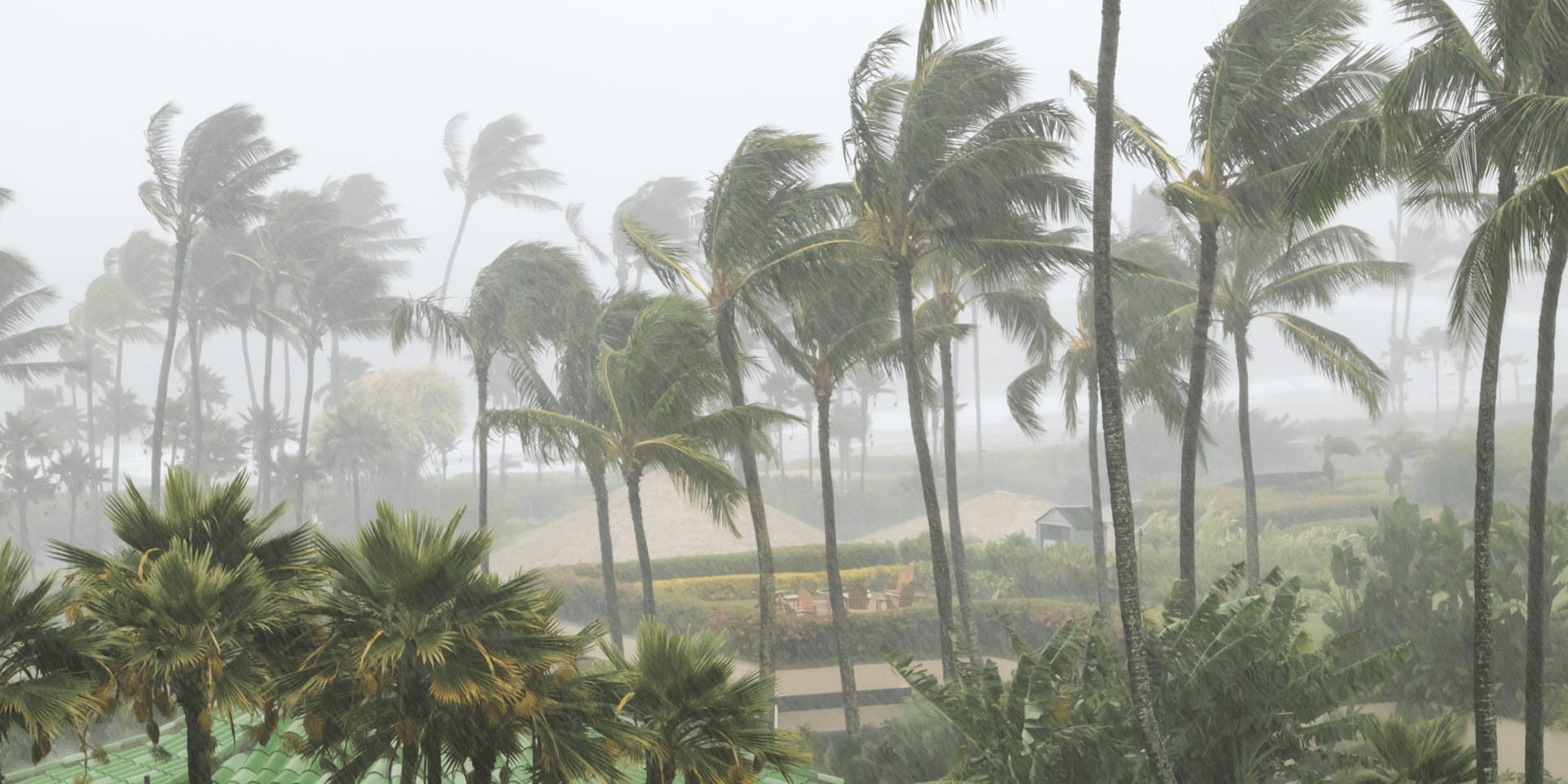Southwest Florida Hurricane Season is here. Are you prepared?
The Atlantic hurricane season runs from June 1 to November 30, which means there is the potential for a hurricane-grade storm in the Sunshine State during this time. Although August and September are typically the most active months for Florida tropical storms, it’s best to be prepared ahead of time and have all the necessary boxes checked.
Hurricane season is a part of life here in Southwest Florida, and we use a “hope for the best, plan for the worst” mentality when it comes to SWFL storm preparation.
As Southwest Florida locals who have lived here for decades, we put together an in depth guide on how to plan, prepare and stay safe during hurricane season.
In our SWFL Storm Prep Guide, You Will Find Out:
- Insurance essentials for hurricane season
- What to have in your hurricane survival kit
- What you need to know about generators
- How to get your home ready for hurricane season
- SWFL local businesses to connect with
- How to create an emergency plan
- A checklist for storm preparedness
And much more.
First let’s talk about the “I” word every homeowner should know: Insurance.
SWFL Insurance Essentials for Hurricane Season
From homeowners insurance to flood insurance, these policies will offer financial protection from water intrusion, roof damage, and other hurricane-related issues.
As a rule of thumb, don’t let your insurance policies lapse, and do not take them for granted. Please make sure your Southwest Florida homeowners insurance and flood insurance are current and active at all times!
Did You Know?
Flood insurance is a separate policy from homeowners insurance. This policy protects both the exterior and interior of your home from water damage. We highly recommend having flood insurance while living in the Sunshine State – especially if your home is located in a flood zone.
Insurance Pro Tip From Your SWFL Agent
Prior to Hurricane Season, document the entire contents of your home. Take a video of your interior so that you have proof of possessions for insurance purposes.
Insurance policies serve as a safety net if the unexpected happens. Make sure yours are up to date!
Now that you understand the importance of insurance, let’s cover what to pack in your hurricane survival kit.
Packing Your SWFL Hurricane Survival Kit
Use the checklist below to stock your hurricane survival kit. This kit should be stored somewhere accessible within your home, ideally off the ground. For an added layer of protection, keep these items in a watertight container.
According to the National Hurricane Center, your basic hurricane survival kit should include:
- Water for drinking and bathing
- Food such as freeze dried meals & nonperishable goods
- Batteries and a radio for weather updates
- Solar powered charging devices
- Flash lights, headlamps & lanterns
- Whistle to signal for help
- Multitool with wrench/pliers to turn off utilities and a can opener for food
- First Aid including but not limited to bandages, gauze, antiseptic wipes, hydrogen peroxide, tweezers, antibiotic ointment, non latex gloves, emergency blanket & more
Pro Tip: Don’t forget to pack food, water and supplies for your pets!
Additional items to add to your hurricane survival kit:
- Cash or checks
- Prescription medications
- Important documents such as insurance policies, IDs, etc.
- Sleeping bags/blankets for each person in your household
- A change of clothing for each individual
- Household chlorine bleach, which can be used as a disinfectant and an emergency water treatment
- Fire extinguisher
- Matches or fire starter
- Personal hygiene items & feminine supplies
- Disposable cups, plates, utensils and paper towels
- Books, games, puzzles, etc.
Pro Tip: A home generator can provide an extra layer comfort, especially if the electricity is out for a while. Find more generator tips in the next section.
Generator Safety Tips for Hurricane Season
A generator is a device that temporarily restores power in your home. It will enable you to operate electronic devices, cook hot meals and more.
Here are some tips for generator safety and efficacy:
- Test your generator at the beginning of hurricane season to ensure it’s working properly.
- Make sure you have enough gas and propane to fuel your generator.
- Store your generator off the ground in the garage if possible.
- Before operating, be sure to remove dust and debris.
- Never use a generator indoors or in the garage.
- Keep your generator outside in a dry place.
Pro Tip: Buy your generator before or at the beginning of hurricane season. Once storms start rolling in, generators are in limited supply and difficult to find.
Getting Your Home Ready for Hurricane Season
Is your Home Hurricane-Ready?
Below you’ll find additional tips to prepare your SWFL home for hurricane season.
Invest in impact windows & doors.
Made of durable materials that can withstand storms, hurricane impact windows and doors are treated with polyvinyl butyral (PVB) or ethylene-vinyl acetate (EVA) to protect glass from shattering in high winds and when in contact with projectiles.
Use hurricane shutters.
If your home does not have impact windows and doors, hurricane shutters are an effective way to achieve the same result. There are multiple types of hurricane shutters including accordion, roll down, Bahama, colonial and more.
Declutter drains and gutters.
Prevent water from backing up by cleaning your drains and gutters ahead of hurricane season. Keeping drains and gutters free of debris will help prevent flooding if a storm ensues.
Bring outdoor furniture inside.
In high winds, patio furniture quickly becomes projectiles. Protect your home and your neighbors by clearing your lanai of anything that isn’t secured into the ground.
Want some help preparing your home for hurricane season?
Connect with this SWFL local business:
Storm Smart is your one-stop-shop for hurricane impact windows and doors, hurricane shutters, storm catcher screens, and more. Learn more at StormSmart.com.
Your SWFL Hurricane Season Emergency Plan
What action steps will you take in the event of a hurricane-related emergency?
Knowing your emergency plan ahead of time will not only reduce stress during an emergency, but it will also work to keep you and your family safe.
Before hurricane season starts, learn your evacuation zone and familiarize yourself with your evacuation routes. Make sure everyone in your household knows this as well.
If it comes to evacuating, listen to local emergency officials. Be sure you have a way to receive updates about appropriate safety measures.
Your Checklist for SWFL Storm Preparedness
- Update your insurance policies and store them in a watertight container.
- Stock your hurricane kit with essential items for survival.
- Weatherproof your home with impact windows and doors, shutters, and more.
- Create an emergency plan and make sure your household is all on the same page.
- Know your evacuation zone and evacuation route options.
- Stay up to date by visiting FEMA.org, Ready.gov, and official local websites.
Be Ready & Stay Hurricane Safe, SWFL
From all of us at McMurray & Members of Royal Shell Real Estate, we wish you and our community a mild hurricane season.


